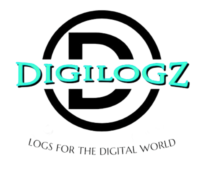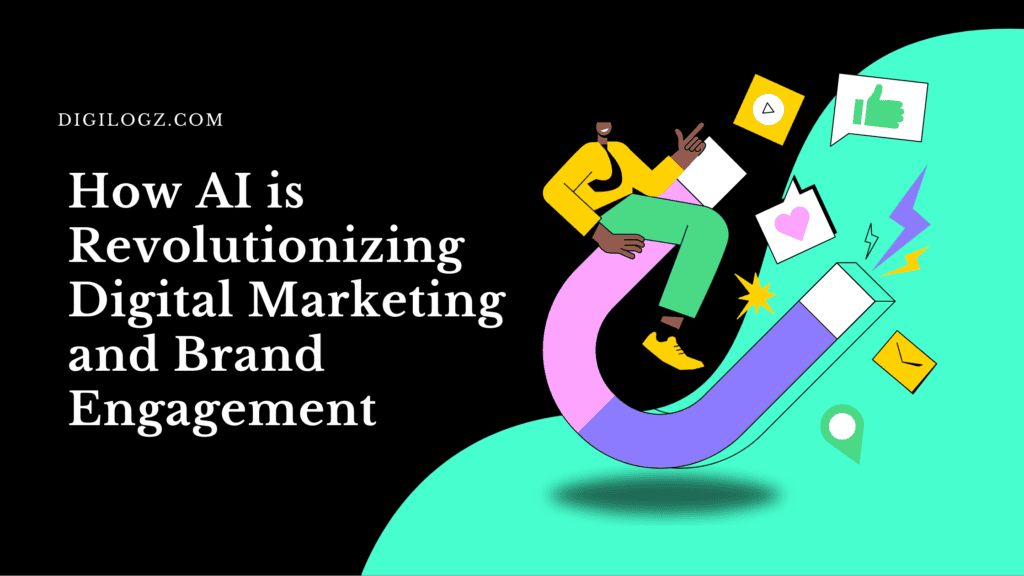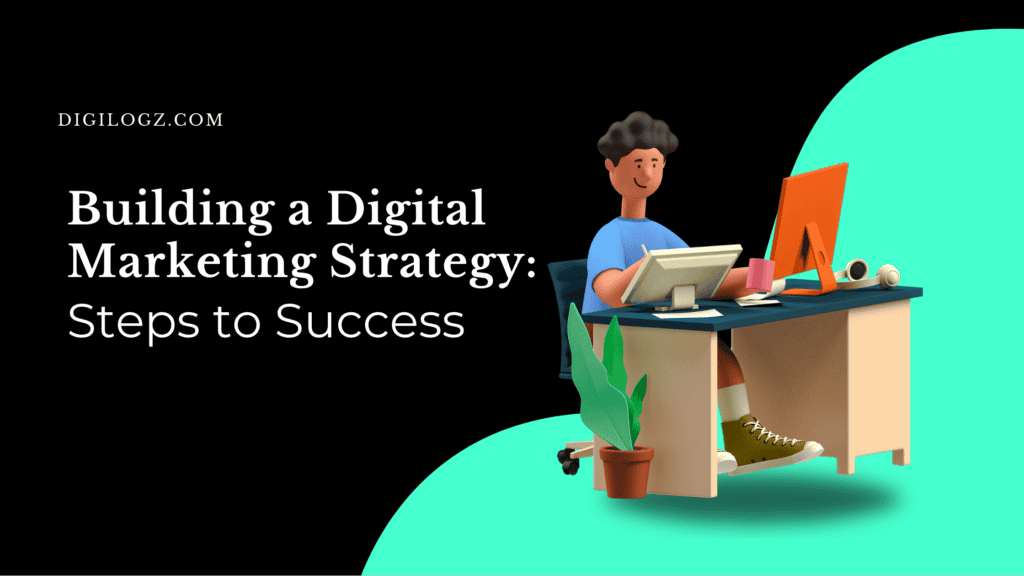In this fast-paced digital era, technology is advancing at an unprecedented rate, constantly changing the rules of the game. But, let’s face it, in the race to stay relevant, traditional marketing approaches just won’t cut it anymore. The future belongs to those who are prepared to embrace AI. And lucky for you, this future is already here!
AI-driven marketing is not just transforming the way brands interact with customers, but it’s also redefining the very essence of customer experience. This new era of marketing offers exciting opportunities for brands to engage with their audience in more meaningful and personalized ways, fostering not just transactions, but relationships.
So, are you ready to take the leap and become part of this extraordinary revolution? It’s time to embrace AI-driven marketing and unlock a whole new world of opportunities. The future of marketing is here, and it’s more exciting than ever, thanks to AI!
Table 5: AI-Driven Marketing Implementation Roadmap
Table of Contents
Toggle|
Stage |
Activities |
|
Assessment |
Evaluate current marketing processes and identify AI opportunities |
|
Strategy Design |
Define objectives, select tools, and outline implementation plan |
|
Pilot Phase |
Implement AI-driven marketing on a small scale and measure results |
|
Scale-up |
Expand AI initiatives based on pilot phase outcomes |
|
Optimization |
Continuously monitor and optimize AI strategies for maximum impact |
The Advantages of AI-driven Marketing
By harnessing the power of AI-driven marketing, businesses can unlock a myriad of benefits that not only enhance their current marketing efforts but also propel them towards long-term success. With that in mind, let’s outline the key advantages of incorporating AI-driven marketing into your digital marketing strategy.
- Enhanced Personalization: AI-driven marketing tools enable businesses to analyze vast amounts of customer data, uncovering crucial insights into their preferences, behaviors, and habits. This information allows brands to craft hyper-personalized marketing campaigns, resulting in improved engagement and conversion rates.
- Improved Efficiency and Cost Saving: Automation of various marketing tasks, such as email marketing and social media management, streamlines processes, allowing businesses to allocate resources more efficiently and reduce operational costs.
- Data-driven Decision Making: AI-powered analytics tools provide businesses with actionable insights from their marketing data, guiding decision-making and ensuring marketing strategies are continually optimized for maximum impact.
- Predictive Analysis and Customer Insights: AI-driven marketing allows businesses to implement predictive analysis and anticipate customer needs, helping brands stay ahead of the competition and consistently deliver engaging, relevant content to their audience.
Table 1: Comparison of AI-Driven Marketing Tools
|
Tool |
Key Features |
Price |
User-Friendliness |
Business Alignment |
|
HubSpot |
Marketing automation, analytics, email marketing |
$800 – $3,200/mo |
High |
Small to large |
|
Marketo |
Automation, lead management, analytics |
Quote-based |
Moderate |
Medium to large |
|
Amazon Personalize |
Personalized recommendations, machine learning |
Based on usage |
Moderate |
Medium to large |
|
Revuze |
Sentiment analysis, customer insights, market intelligence |
Quote-based |
High |
Medium to large |
|
Copy.ai |
Content generation, natural language processing |
$35 – $499/mo |
High |
Small to large |
AI-Driven Marketing Tools and Applications
As AI-driven marketing becomes an integral component of digital marketing strategies, various tools and applications have emerged to help businesses tap into these cutting-edge technologies. So, let’s discuss popular AI-driven marketing tools and applications worth considering:
- Chatbots and Conversational AI: AI-powered chatbots offer an engaging and efficient means of interaction between businesses and customers. These bots can handle basic customer queries, manage leads, and even help facilitate purchases, freeing up valuable time for support teams and improving customer experience.
- Content Generation and Curation: AI-driven tools like Copy.ai, Kuki.ai, and MarketMuse utilize natural language processing to automate content generation, collaborate with writing teams, or curate relevant content for audience engagement.
- Personalized Recommendations: AI-driven recommendation engines such as Amazon Personalize and Revuze can analyze vast amounts of customer data, providing personalized product or content suggestions catered to individual needs and preferences.
- Marketing Automation and Analytics: AI-powered marketing automation platforms, such as HubSpot or Marketo, offer a range of advanced tools for automating tasks like email marketing and social media management, as well as robust analytics features for tracking and optimizing campaigns.
Implementation Tips for AI-driven Marketing
Successfully integrating AI-driven marketing into your digital marketing strategy requires a tailored approach that balances the opportunities and challenges of these advanced technologies. Here are some practical tips on how to incorporate AI-driven marketing into your marketing efforts:
- Clearly Define Objectives and KPIs: Establish specific goals and key performance indicators (KPIs) related to your AI-driven marketing initiatives, ensuring your strategy remains focused and outcome-driven.
- Choose the Right Tools and Platforms: Evaluate AI-driven marketing tools and platforms based on their features, pricing, user-friendliness, and alignment with your business needs and objectives.
- Opt for a Gradual Integration: Transitioning to AI-driven marketing should be a gradual process. Start by identifying high-impact opportunities and automate specific tasks or processes, monitoring their effectiveness before expanding to other areas.
- Prioritize Data Quality and Compliance: To ensure the success of your AI-driven marketing initiatives, maintain a strong focus on data quality and compliance with data protection regulations, such as GDPR and CCPA.
Table 3: Key Performance Indicators (KPIs) for AI-Driven Marketing
|
KPI |
Description |
|
Customer Engagement Rate |
Percentage of customers who interact with AI-driven marketing |
|
Conversion Rate |
Percentage of leads that result in desired actions or purchases |
|
Customer Satisfaction Score |
Measurement of customer satisfaction with AI-driven interactions |
|
Return on Investment (ROI) |
Ratio of net profit to marketing investment |
|
Customer Lifetime Value (CLV) |
Predicted revenue generated by a customer over their lifetime |
Real-World Success Stories: Brands Embracing AI-driven Marketing
The following examples showcase businesses harnessing AI-driven marketing tools and strategies to improve customer engagement, generate actionable insights, and drive growth.
- Starbucks: The coffee giant uses an AI-driven recommendation engine on its mobile app to provide personalized product suggestions based on customers’ past purchases and preferences, increasing the app’s user engagement.
- Spotify: The popular music streaming service utilizes AI to curate personalized playlists and recommendations for users, helping them discover new artists and songs while enhancing overall user experience.
- Sephora: The beauty brand employs a virtual makeup assistant leveraging AI technology to help customers try on makeup virtually, easing the decision-making process and increasing the likelihood of making a purchase.
Table 2: Real-World Examples of AI-Driven Marketing Success
|
Brand |
AI Application |
Impact |
|
Starbucks |
Personalized product recommendations on mobile app |
Increased user engagement and sales |
|
Spotify |
Curated personalized playlists and recommendations |
Enhanced user experience and discovery |
|
Sephora |
Virtual makeup assistant for trying on makeup |
Improved decision-making and purchase likelihood |
Maximizing Brand Reach in the Digital Age with Artificial Intelligence
AI-driven marketing offers a wealth of opportunities for businesses to enhance their digital marketing strategies, drive customer engagement, and foster business growth. By understanding the advantages of AI-driven marketing, selecting appropriate tools and applications, and implementing these technologies strategically, your business can stay ahead of the competition and thrive in the ever-evolving digital landscape.
Embrace the potential of AI-driven marketing to revolutionize your digital marketing efforts, unlock valuable customer insights, and propel your business towards long-term success in the digital age. Get in touch with us at Digilogz, and see how we can help propel your business to greater heights!
Table 4: GDPR and CCPA Compliance Checklist
|
Requirement |
Description |
|
Data Minimization |
Collect only necessary data and delete outdated information |
|
Lawful Basis for Processing |
Obtain explicit consent from individuals before data processing |
|
Data Security Measures |
Implement safeguards to protect personal data |
|
Right to Access and Erasure |
Enable individuals to access, modify, or delete their data |
|
Data Protection Officer (DPO) |
Designate a DPO responsible for data protection compliance |
FAQs
What is AI-driven marketing?
AI-driven marketing refers to the use of artificial intelligence technologies and algorithms to automate and optimize various marketing processes, such as data analysis, customer segmentation, content creation, and campaign optimization.
How does AI enhance personalization in marketing?
AI analyzes large volumes of customer data to identify patterns and preferences, enabling marketers to create highly personalized and targeted marketing campaigns tailored to individual interests and behaviors.
What are the benefits of AI-driven marketing for businesses?
AI-driven marketing offers benefits such as enhanced personalization, improved efficiency and cost savings, data-driven decision-making, predictive analysis, and customer insights, ultimately leading to increased engagement, conversion rates, and revenue.
What are some common AI-driven marketing tools and applications?
Popular AI-driven marketing tools include chatbots for customer interaction, content generation platforms, personalized recommendation engines, marketing automation software, and advanced analytics tools for data-driven insights.
How can businesses integrate AI-driven marketing into their existing strategies?
Businesses can integrate AI-driven marketing by clearly defining objectives and KPIs, choosing the right tools and platforms, gradually implementing AI technologies, prioritizing data quality and compliance, and continuously optimizing strategies based on insights.
What role do chatbots play in AI-driven marketing?
Chatbots use AI algorithms to interact with customers in real-time, answering queries, providing assistance, and guiding them through the sales funnel. They enhance customer service, streamline communication, and improve user experience.
How does AI-powered content generation work?
AI-powered content generation platforms leverage natural language processing (NLP) algorithms to generate written content, such as articles, product descriptions, and social media posts, based on predefined parameters and input data.
What are some examples of successful AI-driven marketing campaigns?
Examples include Starbucks’ personalized product recommendations, Spotify’s curated playlists, Sephora’s virtual makeup assistant, and Amazon’s personalized shopping suggestions, all of which have led to increased engagement and sales.
What are the ethical considerations of AI-driven marketing?
Ethical considerations include data privacy and security, transparency in algorithmic decision-making, avoiding bias in personalized recommendations, and ensuring compliance with regulations such as GDPR and CCPA.
What are the future trends in AI-driven marketing?
Future trends include the increasing adoption of AI-powered voice assistants, the use of augmented reality (AR) and virtual reality (VR) in marketing, advancements in predictive analytics and machine learning, and the integration of AI across various marketing channels for seamless omnichannel experiences.



